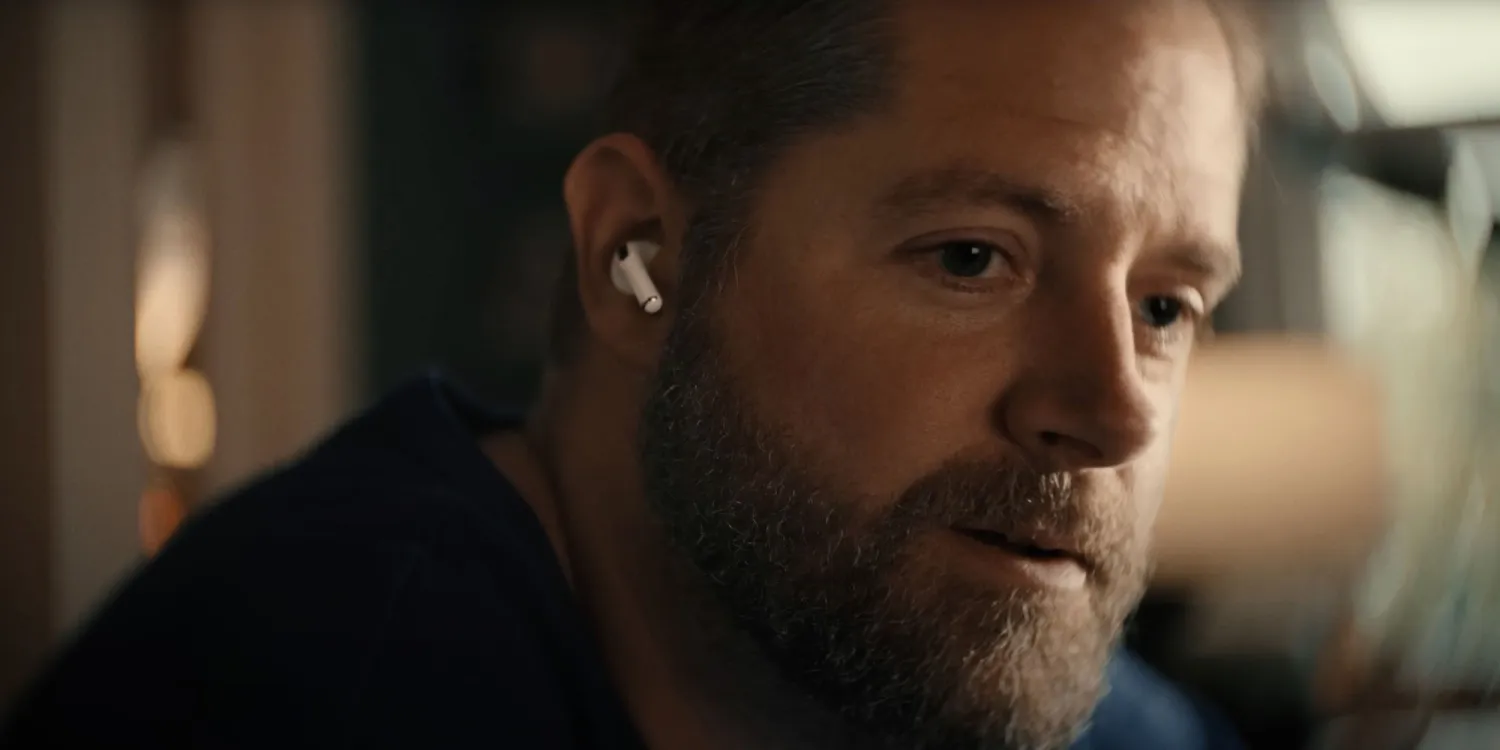In an effort to foster a more pleasant commuting environment, Transport for London (TfL) has initiated a public relations campaign urging passengers to use headphones when consuming audio content on public transportation. This initiative responds to a recent survey revealing that 70% of 1,000 respondents find loud music and phone calls without headphones to be disruptive during their journeys.
The Rise of Public Audio Consumption
Over the past few years, there has been a noticeable shift in how individuals use their mobile devices in public spaces. A growing number of commuters are opting to play music, watch videos, or engage in phone conversations using their device’s speakers, rather than utilizing headphones. This trend has become more prevalent with the expansion of 4G and 5G coverage across London’s underground transport network, enabling uninterrupted streaming and communication.
Survey Highlights Commuter Concerns
TfL’s recent research underscores the extent of the issue. A significant majority of passengers expressed that audible content from others’ devices contributes to an unpleasant and sometimes stressful commuting experience. The survey’s findings have prompted TfL to address this concern proactively.
TfL’s Proactive Campaign
To mitigate the disturbances caused by public audio consumption, TfL has launched a series of posters throughout the transit system. These posters serve as gentle reminders for passengers to use headphones, emphasizing the collective responsibility to maintain a considerate and stress-free environment for all commuters.
Emma Strain, TfL’s Customer Director, elaborated on the campaign’s objectives:
While most passengers already use headphones, even a small number neglecting to do so can create an uncomfortable atmosphere for others. Our goal is to remind everyone to be mindful of their fellow commuters by using headphones, ensuring a more enjoyable journey for all.
The Broader Implications
The issue of public audio consumption is not unique to London. Cities worldwide grapple with similar challenges as mobile technology becomes increasingly integrated into daily life. The rise of speakerphone conversations and public media playback has led to a reevaluation of social norms and etiquette in shared spaces.
The Role of Technology in Public Spaces
The proliferation of smartphones and the availability of high-speed mobile networks have transformed how individuals interact with their devices. While these advancements offer numerous benefits, they also present challenges in maintaining communal harmony. The balance between personal convenience and public consideration is delicate, requiring both individual mindfulness and institutional guidance.
Global Perspectives on Public Audio Etiquette
Various cities have implemented measures to address the issue of public audio consumption. For instance, New York City’s Metropolitan Transportation Authority has long enforced rules against playing audible music without headphones. Similarly, Tokyo’s public transit system encourages passengers to maintain a quiet environment, reflecting cultural values that prioritize group harmony.
The Psychology Behind Public Audio Consumption
Understanding why individuals choose to play audio publicly can inform more effective interventions. Some may be unaware of the disturbance they cause, while others might prioritize personal convenience over communal comfort. Educational campaigns that highlight the impact of such behaviors can foster greater empathy and adherence to social norms.
The Importance of Social Norms in Public Transit
Public transportation systems are microcosms of society, where diverse individuals share confined spaces. Establishing and reinforcing social norms, such as using headphones, are crucial for ensuring a respectful and comfortable environment. These norms evolve over time and require continuous reinforcement through public awareness campaigns and community engagement.
The Future of Public Transit Etiquette
As technology continues to evolve, so too will the challenges associated with its use in public spaces. Future initiatives may include the development of transit-specific technologies that promote considerate behavior, such as apps that remind users to switch to headphone mode upon entering a transit system. Additionally, ongoing research into commuter behavior can inform policies that balance technological advancements with the need for communal respect.
Conclusion
TfL’s campaign to encourage headphone use on public transit is a proactive step toward enhancing the commuting experience in London. By addressing the issue of public audio consumption, TfL aims to foster a more considerate and stress-free environment for all passengers. This initiative serves as a reminder of the importance of individual actions in contributing to the collective well-being of society.



